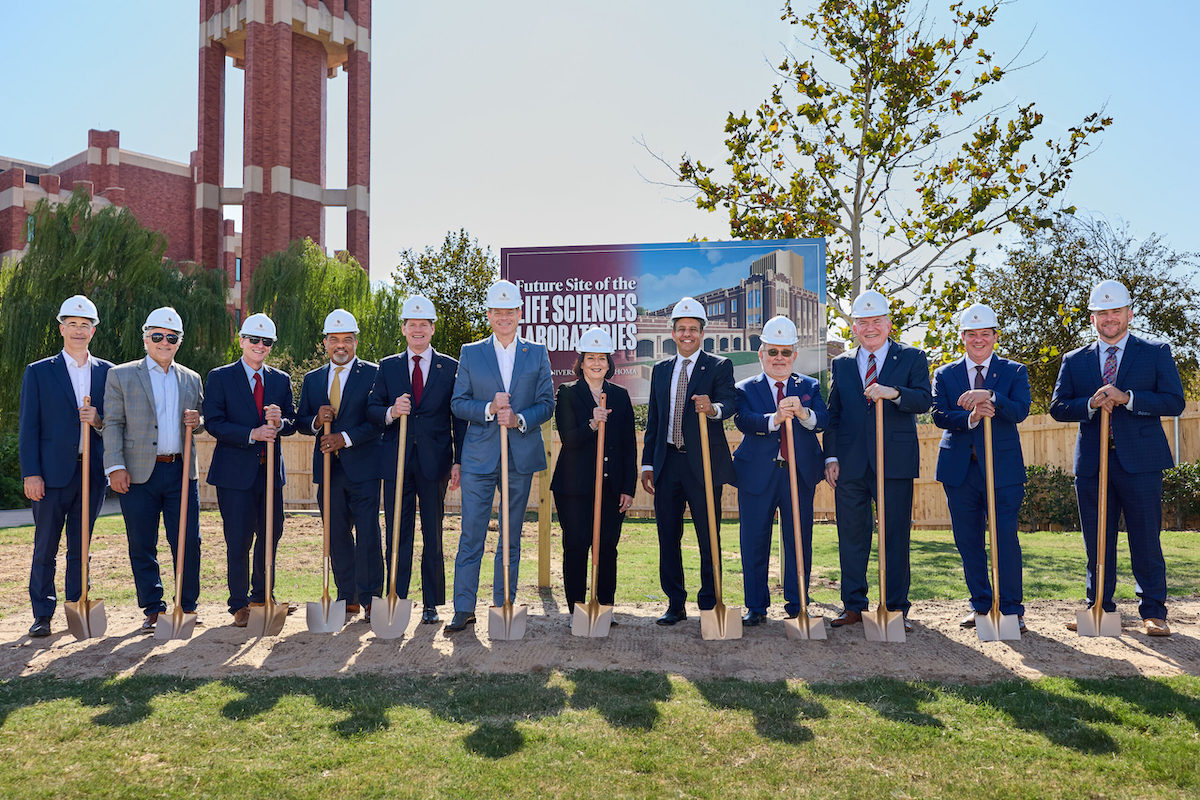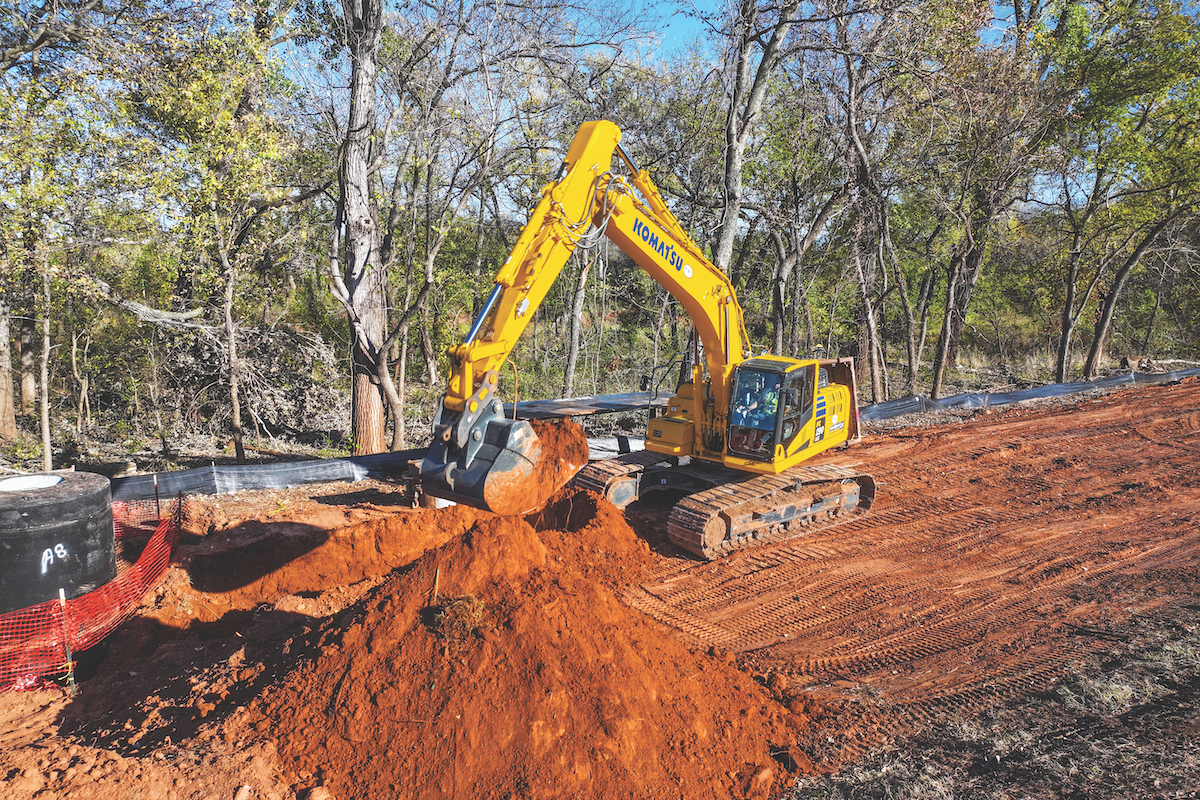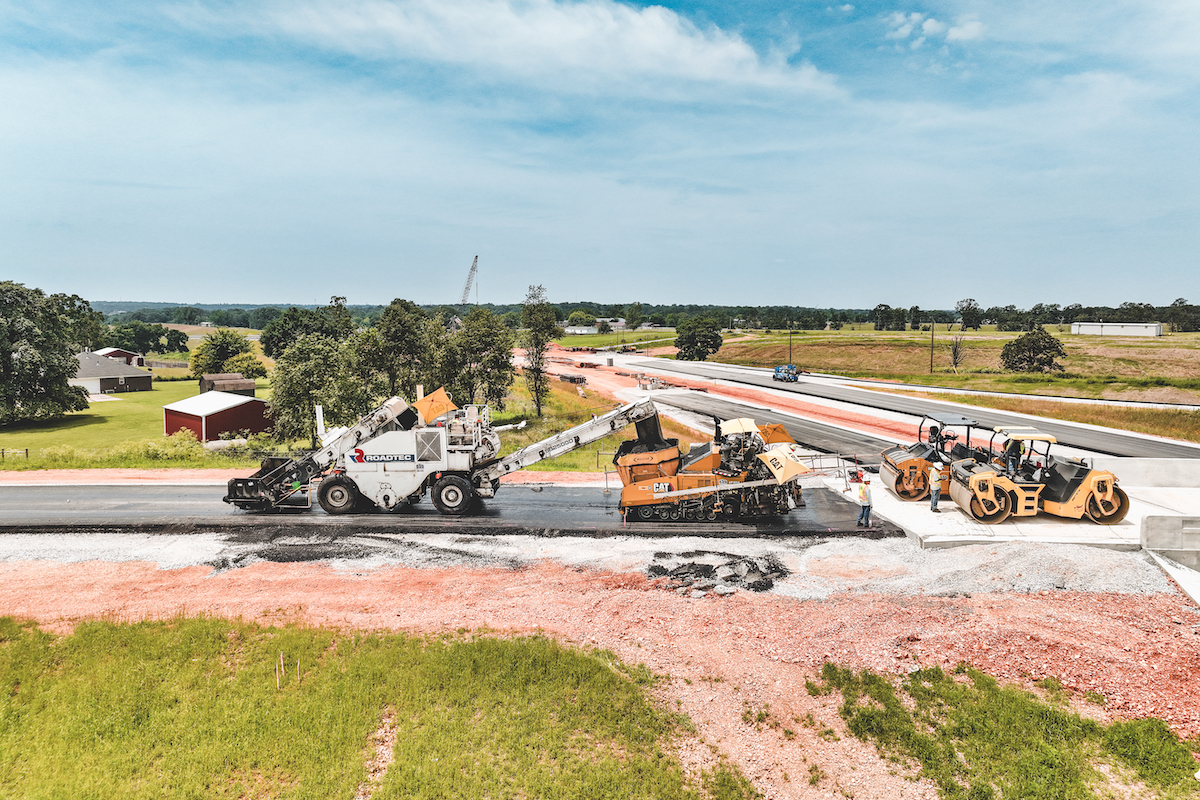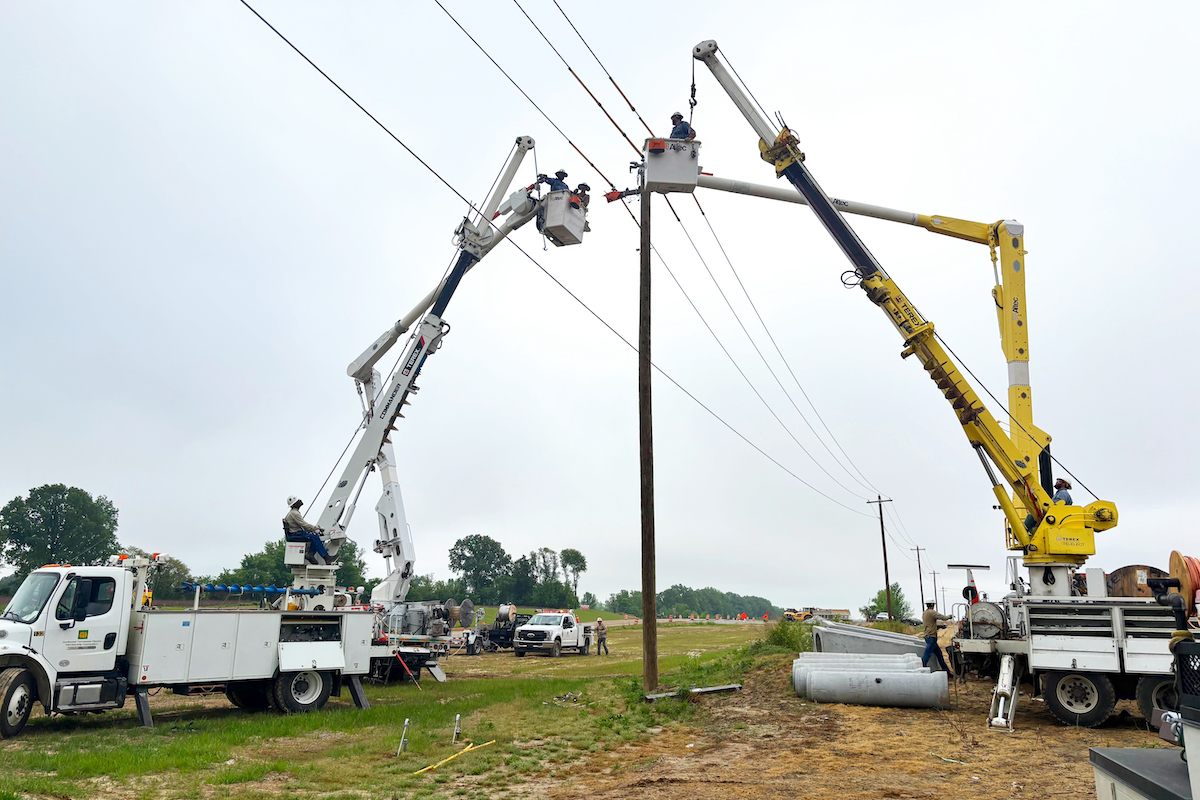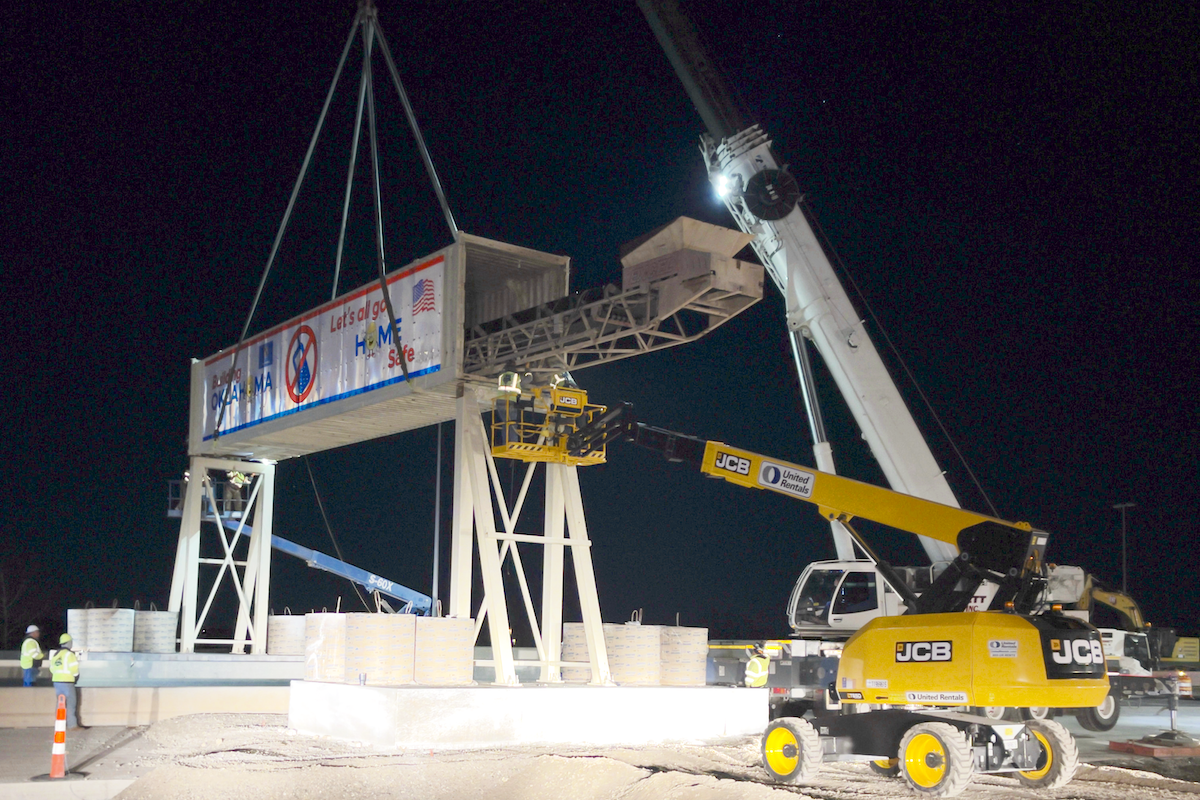Big changes are coming for the hydraulics industry with the increase in electrification of vehicles, digital controls, and actuators. However, hydraulic systems themselves look set to stay for a while because of their high power density.
As a result of electrification of commercial vehicles, demand for fuel and lubricants looks set to fall over the coming years, but there will be new opportunities for lubricant, fuel, and hydraulic fluid manufacturers that stay ahead of the curve, according to Interact Analysis’ findings in the Global Truck, Bus and Off-highway Vehicle Electrification and Alternative Fuel report.
The off-highway commercial sector is electrifying, particularly among smaller vehicles such as skid steers, boom lifts and smaller forklifts. However, the sector overall is electrifying much more slowly than the on-highway commercial vehicles market.
By their nature, hydraulics are very inefficient but the power density offered is unmatched by other technologies, and batteries make it even more important not to draw more power than necessary.

| Your local Wirtgen America dealer |
|---|
| Kirby-Smith Machinery |
There were some actuators on show at this year’s CONEXPO trade show, but hydraulics seem here to stay, gradually augmented with digital or electronic features. Currently JLG scissor lifts and actuators from Ewellix are the only commercially available vehicles because of the low force ranges currently available. Material handling is one of fastest growing sectors for electro-hydraulics and electro-mechanical actuators. In addition, modular systems are becoming more popular and have fewer energy or fluid loss points, with integrated valves in pumps, or the pump, motor and cylinder packaged together. This reduces the need for lubricants but rising fuel bills are likely to increase demand for high performance lubricants that reduce energy usage.
This greater emphasis on more sustainable lubricants and hydraulic fluids, and those that reduce wear, coupled with easier recovery and recycling tie in with legislation in place for hydraulic fluid in machines such as those used in food processing. In addition, Petro Canada has already released a biodegradable hydraulic fluid for forestry machinery that is suitable for sensitive environments and could potentially also work for construction.
To learn more about the future of the hydraulic fluid and lubricants market, download the Interact Analysis Global Truck, Bus and Off-highway Vehicle Electrification and Alternative Fuel report at https://interactanalysis.com/research/global-truck-bus-and-off-highway-vehicle-electrification-and-alternative-fuel/
A biologist and chemist by training, Brianna Jackson joins Interact Analysis as a Research Analyst in the Industrial Automation team. She brings a keen interest in sustainability and medical technology to Interact Analysis, deepening the company’s expertise in these areas. Jackson is based in the United States.






















